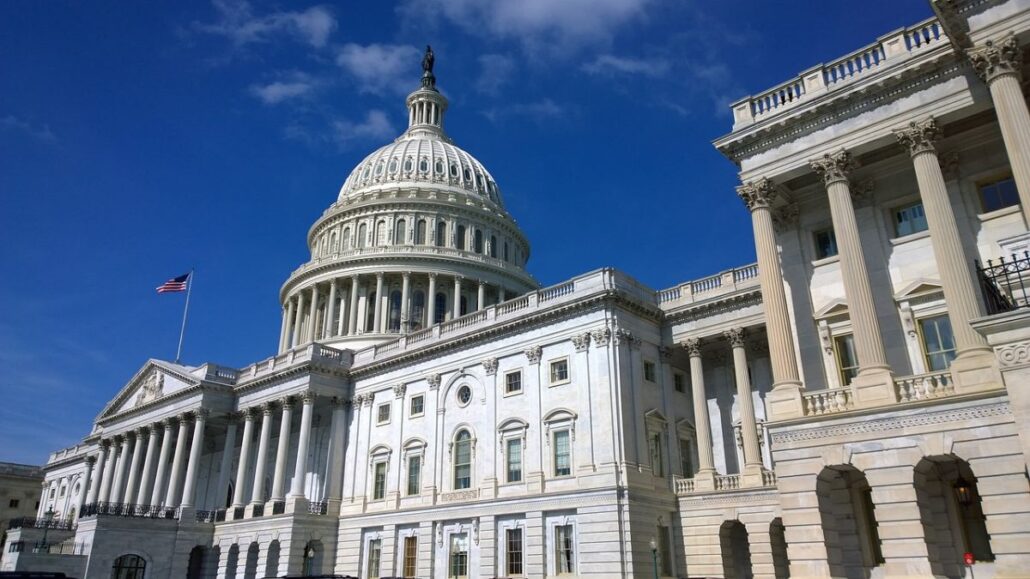AUSTIN, Texas – On the first day of early filing, State Senator Nathan Johnson filed bills to address major needs in a growing state. Johnson refers to all of them as “infrastructure”: physical (housing), social (health and public education), and governmental (political responsiveness).

“Texas is growing and changing rapidly, in ways both predictable and unpredictable. New growth requires new investment, and change requires new strategies and evolving priorities. The bills I filed today propose new investment in fundamental systems and shift priorities towards those that will allow us to meet the demands and avail of the opportunities of that growth and change.”
Johnson filed the following bills, among others:
· SB 234: Workforce Housing. It is estimated that Texas is short approximately 300,000 housing units to meet the demand of a growing workforce. Scarcity of housing for essential workers is driving prices up at all levels of affordability. This bill would incentivize private sector construction of hundreds of thousands of workforce housing units through low-interest mezzanine financing, similar to that employed in the Texas Energy Fund.
· SB 232: Live Well Texas. Offered again this year, Johnson’s Live Well Texas plan drew a temporary majority of the House in the 87th Session. The plan would expand Medicaid under the ACA, bringing first-time health insurance to around a million Texans, financed by a $90-$10 federal-state match. As an 1115 waiver form of ACA expansion, it proposes a Texas-specific plan, addressing the on-the-ground reality of qualifying enrollees and Texas healthcare providers.
· SB 236: Non-Medical Drivers of Health. This bill recognizes the parallel health benefits and cost reductions realized when Medicaid managed-care programs can invest in the non-medical circumstances that drive good and bad health outcomes. The bill permits the reimbursement of MCOs for providing certain qualified transportation, nutrition, and housing services.
· SB 233: School Finance – Increase and Stabilize. State financial support for public schools has fallen since 2019 in direct relation to inflation. Johnson’s SB 233 would narrow the funding gap and stabilize future financing of public schools, by increasing the basic student allotment from $6,160 to $7,750 per student, setting a funding floor for subsequent years indexed to a 5-year average inflation rate, and basing funding on enrollment rather than attendance.
· SB 235: Community Schools. Schools must meet the changing demands of communities and students. This bill supports that by allowing public schools with campus turnaround plans to operate as (statutorily defined) “community schools”—a model that connects educators, families, and communities to address each school’s unique needs.
· SJR 14: Statewide Initiative and Referendum. When political inertia renders it impossible for legislatures to act in step with overwhelming public opinion on a matter of public importance, a well-crafted initiative and referendum mechanism may be invoked to overcome it. This bill creates a process for Texans to propose state-wide ballot measures through a petition. Johnson says he intentionally made the mechanism to be relatively difficult to deploy, because initiatives and referenda should be used only in truly special cases. In those cases, the people should have a voice.
About Senator Nathan Johnson: Senator Nathan Johnson was re-elected in 2024 to serve a fourth term in the Texas Senate. He represents almost a million Dallas County residents in the growing and rapidly diversifying Senate District 16. With eight years of legislative experience, Senator Johnson serves on several key Senate committees, including Business & Commerce, Jurisprudence (Vice-Chair), Water, Agriculture & Rural Affairs, and Administration.









You must be logged in to post a comment Login